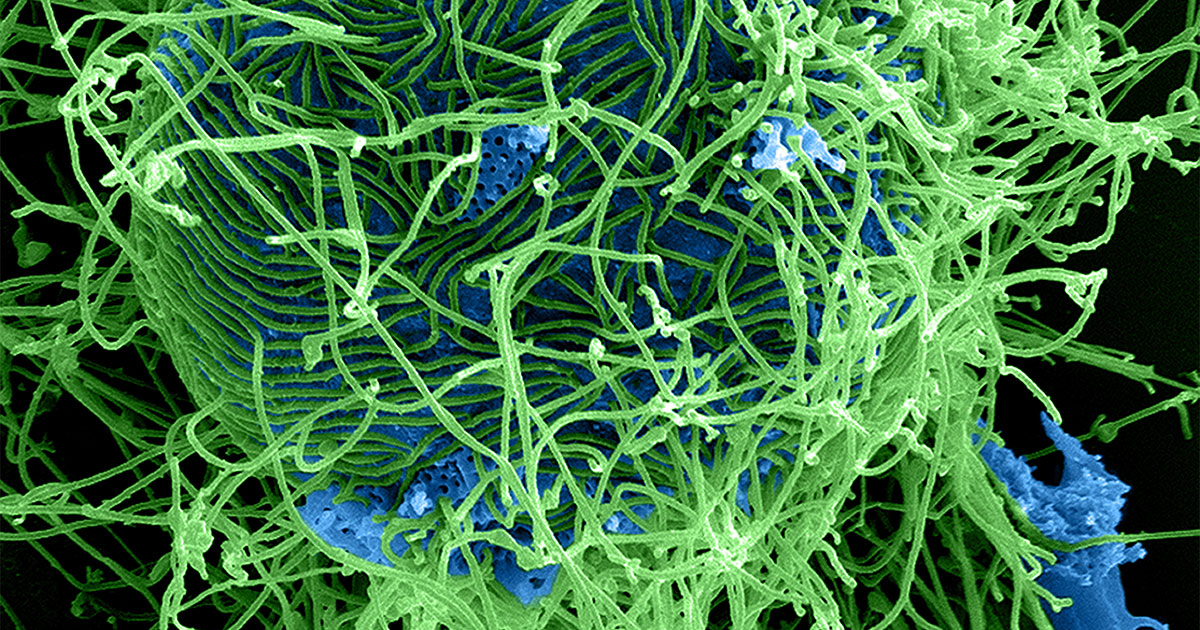Apply for funding to investigate the causes, progression and treatment of human disease
Apply for funding to undertake mechanistic studies in humans. Your application must include an intervention to investigate the causes, progression or treatment of human disease. This is an ongoing funding opportunity. Stage one application rounds close every April and October.

Apply for funding to investigate the causes, progression and treatment of human disease.
Your project must:
- include an experimental intervention or challenge in humans
- focus on a mechanistic hypothesis
- be academically-led
You must be based at an eligible research organisation.
There is no limit to the amount of funding you can apply for or the length of your project. We will fund 80% of your project’s full economic cost
WHO CAN APPLY
Before applying for funding, check the Eligibility of your organisation.
UK Research and Innovation (UKRI) has introduced new role types for funding opportunities being run on the new UKRI Funding Service. For full details, visit Eligibility as an individual.
Who is eligible to apply
To be eligible to apply for this opportunity you must:
- be a researcher employed by an eligible research organisation
- show that you will direct the project and be actively engaged in the work
If you do not have a contract of employment for the duration of the proposed project, by submitting an application the research organisation is confirming, if it is successful:
- contracts will be extended beyond the end date of the project
- all necessary support for the project and the applicants will be provided, including mentorship and career development for early career researchers
International applicants
You can include international applicants as project co-leads if they provide expertise not available in the UK and make a major intellectual contribution to the design or conduct of the project. You must justify in your application why their expertise is required, see ‘Applicant and team capability to deliver’.
Equality, diversity and inclusion
We are committed to achieving equality of opportunity for all funding applicants. We encourage applications from a diverse range of researchers.
We support people to work in a way that suits their personal circumstances. This includes:
- career breaks
- support for people with caring responsibilities
- flexible working
- alternative working patterns
Find out more about equality, diversity and inclusion at UKRI.
WHAT WE ARE LOOKING FOR
Scope
You can apply for academically-led experimental medicine projects that are conducted in humans. Your project should be based round a clearly articulated gap in understanding of human pathophysiology and have a clear path to clinical impact.
Successful projects will produce new mechanistic insights, including those that may:
- identify opportunities to modify disease pathways
- enable the future development of novel therapeutic or diagnostic approaches
We welcome applications in all disease areas and interventions.
What your application must include
Your application must involve an experimental intervention or challenge in humans, which has been designed to validate a mechanistic hypothesis. The challenge may be, but is not limited to:
- pharmacological
- immunological
- physiological
- psychological
- infectious
Activities we support
The following types of work are eligible for support:
- the use of novel readouts or technologies related to early evaluation of clinical efficacy or pathogenic mechanism
- the use of drugs, other interventions or measures with established safety profiles in new settings or conditions (for example, repurposing drugs as tool compounds to probe disease mechanism)
- characterisation or phenotyping of subjects using samples from clinical studies may be included where there is a clear link to a current treatment strategy but should not be the sole focus of your application:
- limited, hypothesis-driven, retrospective sample analysis may be included at the start of the project to improve the design of the interventional, experimental medicine study
- milestone criteria should clearly detail what data is required from the confirmatory analysis for the project to progress
Prospective, nested studies within a larger cohort trial may be eligible provided they:
- can demonstrate added value
- are exploring disease mechanisms
- test a novel hypothesis
- address a different question to the main study
Competitive applications will aim to address a clear mechanistic question and provide strong rationale to justify the suitability of the experimental system proposed to test the presented hypothesis.
Activities we do not support
The following activities are ineligible for support:
- characterisation or phenotyping work aiming to elucidate disease aetiology (supported by the MRC research boards)
- biomarker discovery (supported by the MRC research boards)
- experimental intervention or challenge in animals, using clinical assets to explore disease mechanisms and pathways (supported by the MRC research boards)
- development and evaluation of novel therapeutics, diagnostics or devices (supported by MRC Developmental Pathway Funding Scheme)
- high-throughput screening approaches to target validation
- pre-clinical model development and validation (supported by the MRC research boards)
- clinical efficacy trials (supported by the NIHR MRC Efficacy and Mechanism Evaluation funding scheme)
- observational studies involving no experimental challenge
We encourage you to contact us first at experimental.medicine@mrc.ukri.org to discuss your application, especially if you believe your research may cross MRC or research council interests. If your application fits another research board remit better, we may decide to transfer it there to be assessed.
Duration
There is no limit to the duration of projects. You should justify the timescale of the project in the context of the proposed work.
Milestones
Milestones allow us to mitigate risk and support potentially high-risk projects.
Experimental medicine awards will typically have at least two milestones with specific success criteria that reflect major progress points and allow mechanistic hypotheses to be laid out and evaluated as the project progresses.
Your milestones should also provide a realistic indication of timelines for key steps, such as regulatory steps, study team recruitment, participant recruitment, study completion and data analysis.
Milestone success criteria should be SMART (Specific, Measurable, Achievable, Relevant, Timely), and detail any robust Go or No-Go criteria. For all projects, it is advisable to structure the project so that the critical questions are addressed as early as possible in the plan.
Funding available
There is no limit to the funding you can apply for. Applicants typically apply for £1 million or more. You should justify the resources needed in the context of the proposed work.
We will fund 80% of the full economic cost and 100% of permitted exceptions.
Find out more about full economic costing.
What we will fund
You can request funding for costs such as:
- a contribution to the salary of the project lead and co-leads
- support for other posts such as research and technical staff
- research consumables
- equipment
- travel costs
- data preservation, data sharing and dissemination costs
- estates and indirect costs
You can also request costs for work to be undertaken at international organisations by international project co-leads. We will fund 100% of the full economic cost.
The total of such costs requested for international applicants from developed countries (those not on the OECD DAC List of ODA Recipients), India and China must not exceed 30% of the total resources requested.
There is no cap on costs requested for international applicants from Development Assistance Countries (DAC) list of countries.
For more information on international costs and what we will and will not fund see costs we fund – overseas costs and the Collaborate with Researchers in Norway guidance.
What we will not fund
We will not fund:
- research involving randomised trials of clinical treatments
- costs for PhD studentships
- publication costs
- funding to use as a ‘bridge’ between grants
Team project partner
You may include team project partners that will support your research project through cash or in-kind contributions, such as:
- staff time
- access to equipment
- sites or facilities
- the provision of data
- software or materials
Each project partner must provide a statement of support. If your application involves industry partners, they must provide a company letter of support if the team project partner falls within the industry collaboration framework.
Find out more about subcontractors and dual roles.
Who cannot be included as a team project partner
The individual named as the contact for the project partner organisation cannot also be a named applicant, such as those with a role of project lead or project co-lead and any other named member of staff.
Supporting skills and talent
We encourage you to follow the principles of the Concordat to Support the Career Development of Researchers and the Technician Commitment.
International collaboration
UK Research and Innovation (UKRI) is committed in ensuring that effective international collaboration in research and innovation takes place with integrity and within strong ethical frameworks. Trusted Research and Innovation (TR&I) is a UKRI work programme designed to help protect all those working in our thriving and collaborative international sector by enabling partnerships to be as open as possible, and as secure as necessary. Our TR&I Principles set out UKRI’s expectations of organisations funded by UKRI in relation to due diligence for international collaboration.
As such, when applying for UKRI funding, you may be asked to demonstrate how their proposed projects will comply with our approach and expectation towards TR&I, identifying potential risks and the relevant controls you will put in place to help proportionately reduce these risks.
Further guidance and information about TR&I including additional where applicants can find additional support.
Find out about getting funding for international collaboration.





































